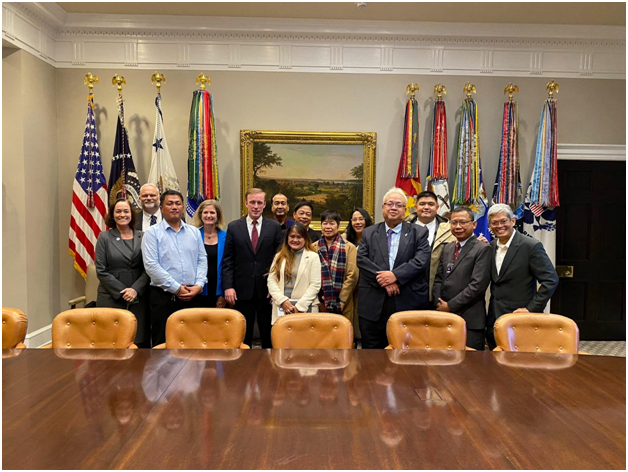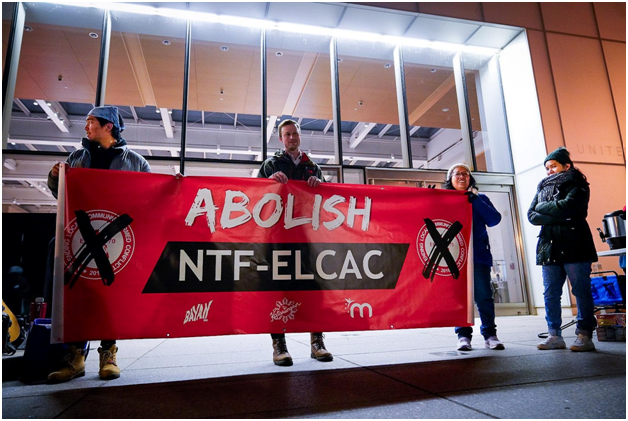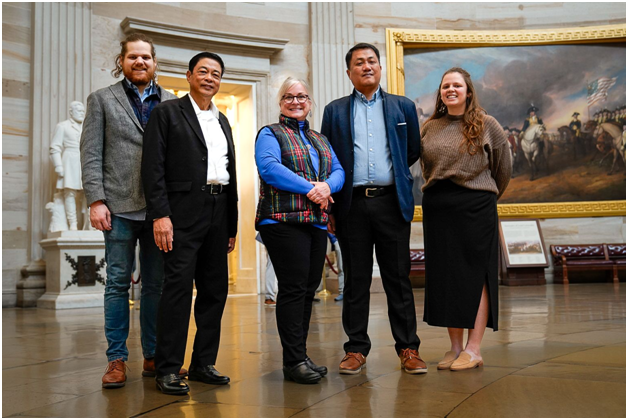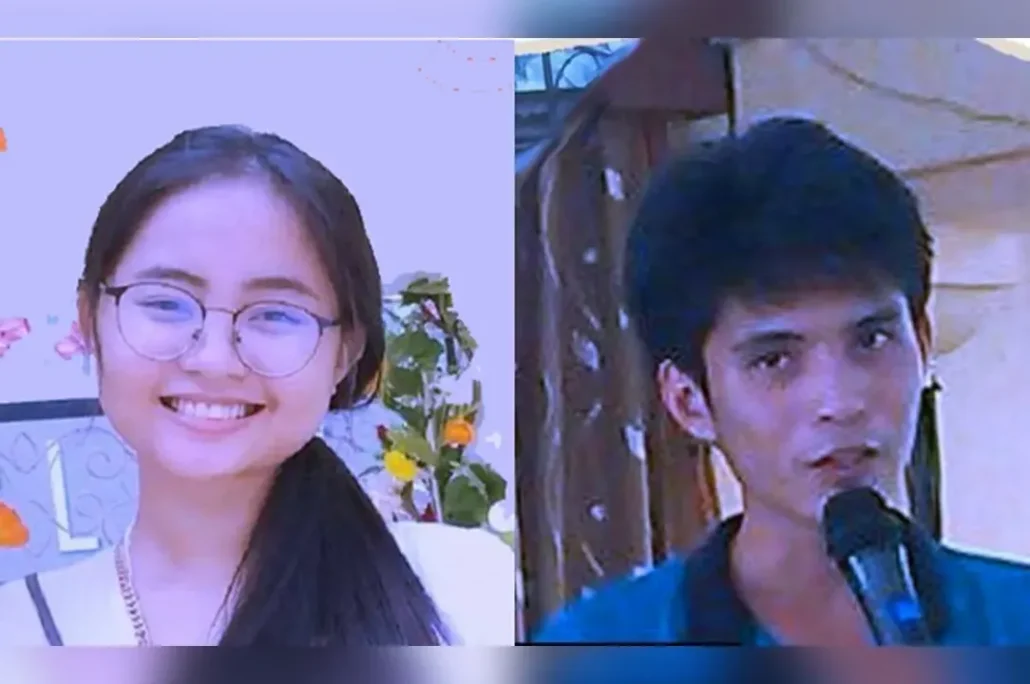Philippine labor federations receive prestigious US human rights award
Victims of red-tagging, extra-judicial killings and other forms human and labor rights violations, Philippine labor federations are this year’s recipients of the George Meany-Lane Kirkland Human Rights Awards in Washington D.C., United States of America (USA).
The Kilusang Mayo Uno (KMU), Alliance of Concerned Teachers (ACT), BPO Industry Employee Network (BIEN), Sentro ng mga Nagkakaisa at Progresibong Manggagawa, Trade Union Congress of the Philippines, Public Services Labor Independent Confederation, and Federation of Free Workers received the prestigious award in a ceremony in the US capital last December 7.
Given annually by the American Federation of Labor and Congress of Industrial Organizations (AFL-CIO), the award is in recognition of the recipients’ trade union and human rights work in the Philippines, ranked among the world’s deadliest countries for worker organizers.
The AFL-CIO said the federations are honored “For their courage and persistence in the face of escalating threats to their own lives.”
“This award is in recognition of the Philippines labor movement’s resilience, persistence and courage in the face of extreme violence and repression,” AFL-CIO President Liz Shuler said at the ceremony.
The national American national trade union center noted that more than 70 union members have been killed since 2016, and many more are victims of red-tagging, illegal firing of union activists and anti-terrorism laws directed at stifling freedom to form unions and bargain.
Earlier this year, a 3rd high-level mission of the International Labor Organization (ILO) visited the Philippines that reported on grave labor violations in the Philippines.
In his acceptance message, ACT secretary general Raymond Basilio said their award is dedicated to all Filipino educators to serve as an additional inspiration to further their for the entire education sector and Philippine society.
“The struggles for just wages and benefits as well as humane conditions of work continue,” he added.

Before the awarding ceremony, the delegates met with US National Security Advisor Jake Sullivan at the White House who reiterated“the Biden administration’s commitment to support the efforts of workers abroad to form unions.”
The US official also condemned “all forms of harassment, intimidation, and violence against workers and advocates for exercising their fundamental rights.”
‘Walk the talk’
Meanwhile, the International Coalition for Human Rights in the Philippines-United States (ICHRP-USA ) celebrated the conferment of the award to Filipino labor federations.
“The receipt of the award is an outcome of the unity and political will of the Philippine labor movement around the most pressing issues of workers and a product of the growing international solidarity between Philippine labor and US labor and community advocates,” ICHRP-USA officer Jessie Braverman said.
ICHRP-USA however said that while it welcomed Sullivan’s remarks to the delegates at the White House, “…the Biden administration needs to concretely walk the talk by withdrawing its support of the tools of repression being used by the Marcos administration to repress and attack Filipino labor, starting with the National Taskforce to End Local Communist Armed Conflict or NTF-ELCAC,”

As a government agency established under the Rodrigo Duterte administration and continued under the Marcos administration, the NTF-ELCAC plays a central role in harassing and intimidating workers as part of the government’s counter-insurgency campaign, the group added.
ICHRP-USA noted that Schuler herself highlighted at the awarding ceremony two of the most recent killings, Alex Dolorosa of BIEN and Jude Fernandez of KMU, who were relentlessly harassed and red-tagged by the NTF-ELCAC prior to their murders.
ICHRP-USA, KMU and ACT leaders also met with US Congresswoman Susan Wild, who introduced the Philippines Human Rights Act (PHRA) into US Congress in 2021, the same year as the Bloody Sunday Massacre that saw the murders by Philippine police of several labor leaders and activists branded by the NTF-ELCAC as “communist-terrorists” in the Southern Tagalog region. # (Raymund B. Villanueva)


